Industrial Situation in the City
In 1950, there were already 27 enterprises in Šiauliai – only by one third less than before the city’s bombarding during the Second World War. The most distinguished were representatives of leather, textile and knitwear products. These were leather factories and plants: ‘Elnias’ (the former Ch. Frenkelis’s factory, restored after the war; the enterprise was equipped with the first conveyor in Lithuania and it quickly became the largest in Šiauliai), ‘Batas’, ‘Stumbras’ (the former brothers’ Nurokai factory). The factory ‘Elegant’ (in 1945, reorganized into ‘Verpstas’) dominated the knitwear industry. The leading factory in the textile industry was the flax processing factory ‘Linas’ (the former ‘Semlin’ factory). All of these enterprises were related by the Soviet nomenclative attitude to the nationalized industrial property, common in the whole Soviet Union: constant shortage of raw materials, plunder in the very enterprises using one’s position, and waste of funds, effecting quality of working conditions and tools.
Food industry recovered rapidly because meat production company ‘Maistas’ almost did not suffer during the war and transported its products to all Soviet Union. The sweets and confectionery factory ‘Rūta’ also quickly recovered after the years of the war. Having established economic relations with trade partners in the whole world, it began to grow rapidly again. The starch-syrup factory ‘Gliukozė’, established in the premises for storing linseed oil of the former enterprise ‘Ringuva’, was the most important enterprise of this kind in Lithuania, offering its products to the whole region: Lithuania, Latvia, Estonia, Kaliningrad. The brewery ‘Gubernija’, the oldest industrial enterprise of Šiauliai, the origins of which are said to date back to 1665, when it operated as a brewery of Šiauliai manor, was almost completely destroyed during the war but managed to recover and started fully functioning. Most of the production was sold in Šiauliai city and county; and the smaller part, in other cities of Lithuania.
In the post-war period, metal processing and machine manufacturing industry was formed in Šiauliai, although until then there were no machine manufacturing enterprises. The manufacturing of bicycles began growing: upon forfeiture as the spoils of war against the Nazi, the Soviets transferred the bicycle factory from Germany and equipped it in Šiauliai; later, it was renamed as ‘Vairas’. Initially, it suffered from the poor supply of raw materials and the never-ending construction of the enterprise; later, it became known as the manufacturer of bicycles for teenagers ‘Kregždutė’ and ‘Ereliukas’, which were transported to all Soviet Union and some foreign countries. Another, new industrial sector – gypsum production – started developing in ‘Alebastro’ factory. There were also other industries, such as fuel and energy, brick, peat, typography, cardboard and other factories as well as enterprises providing services. Generally speaking, most of the enterprises founded at that time were created in the places of enterprises that had been operating in the interwar period.




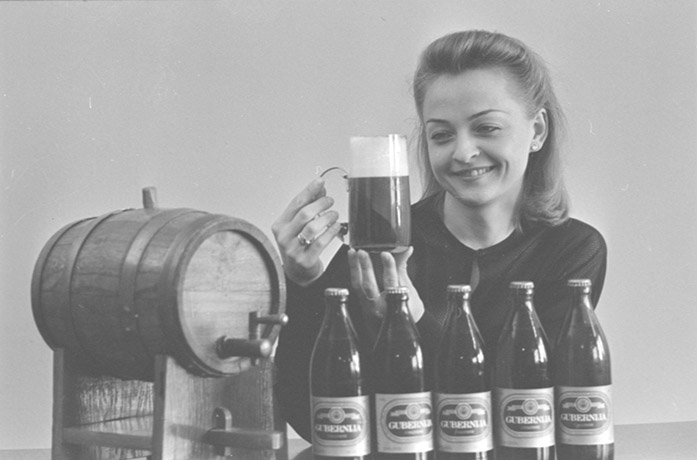
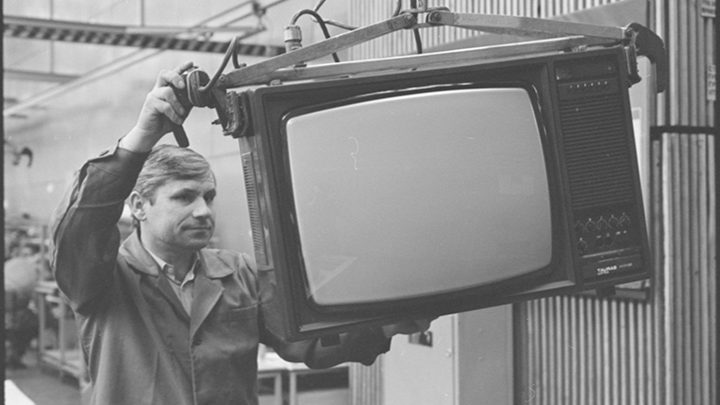
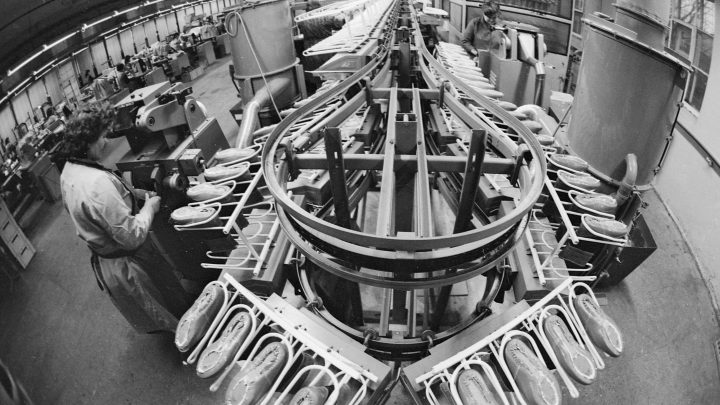
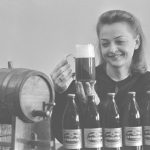

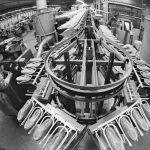
Leave feedback